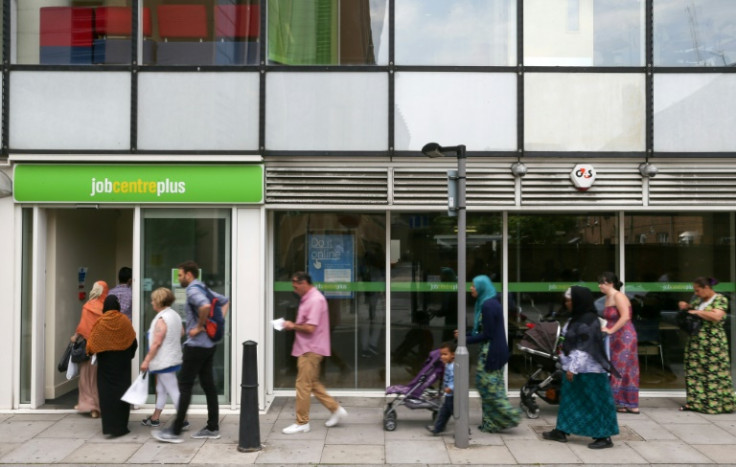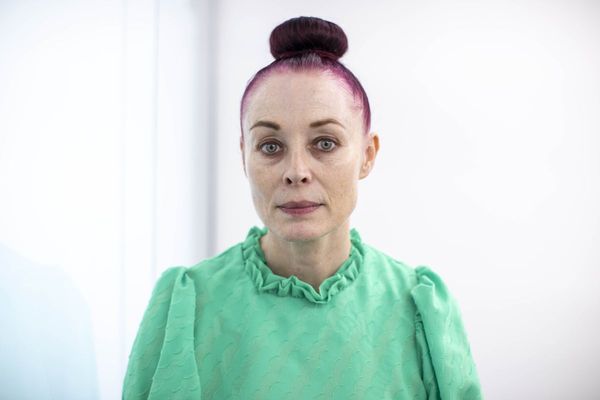
The UK has rolled out new legal migration measures to reduce immigration through social, health care and student visa routes. The new measures will impose fresh restrictions that seek to lower the burden on British taxpayers.
On January 30, the UK Home Office and the Department of Health and Social Care announced new legal migration measures which will strengthen border security, lowering migration rates in the UK.
According to Home Secretary James Cleverly, the new legal migration measures will reduce migration levels within weeks.
In December last year, the UK Prime Minister Rishi Sunak and the Home Secretary announced major reforms to reduce the migration rates and prevent asylum seekers from exploiting the UK immigration system.
The new legal measures which are set to be in force from March this year, will ensure that immigrants trying to settle down in the UK can afford to live in Britain. According to the Sunak government, this will reduce immigration numbers by 300,000 as those people won't be able to come here like they wanted last year.
This comes at a time when the UK Statistics Authority has accused the Home Office of misleading claims regarding asylum backlog clearance.
As part of legal migration measures launched today, care providers have to register with the Care Quality Commission to bring dependents to the UK from March 11. The 20 per cent going rate discount for occupations on the Shortage Occupation List will be removed from March 14 as a new Immigration Salary List will come into force.
New occupations will be added to the new list in March as per the suggestions of the Migration Advisory Committee (MAC).
Furthermore, immigrants would need to have a minimum salary between £26,200 to £38,700 from April 4 if they are arriving on a Skilled Worker visa. In the case of family visas, the basic income needs to be £29000 from April 11.
The 48 percent increase in salary for skilled workers visa seeks to reduce the immigration numbers take the pressure off the public services and employ more UK workers. However, those on Health and Care visas and on health and education national pay scales are exempted from this.
The new measures also prevent post-graduate students from bringing dependents to the UK from January as student visa rules have been changed.
The Rishi Sunak government has underlined that the new legal migration measures are drawn to reduce the abuse of the Health and Care visa route for immigration as many people come to the UK as non-existent or low-paid care workers who don't earn enough as migrant workers.
According to the government, this will lower the extent of jobs being taken up by migrant workers as British labour won't be undercut by overseas workers.
New legal migration measures to support long-term workers' needs?
Speaking about the changes in the immigration laws, UK Home Secretary James Cleverly said: "I've been clear that migration is too high and we must get back to sustainable levels. Last year I set out robust measures to reduce the numbers coming into our country – tightening the rules on care workers, skilled workers, and making sure that people can support their family members that they bring over."
The Home Secretary called it a "firm but fair" approach which will provide immigrants the time to prepare and also ensure the rates come down.
"The British people want to see action, not words. We are delivering the change we promised and which they expect, lifting pressure on public services and protecting British workers with the utmost urgency," said James Cleverly.
The Minister for Legal Migration and the Border, Tom Pursglove said: "Our comprehensive plan to tackle net migration will not only bring numbers down substantially but also tackles the inherent unfairness of a system which, if left untouched, would reward employers seeking to recruit cheap labour from overseas at the expense of the British worker."
"Delivering change on this scale and at such a pace is hard and challenging work, but we're making strong headway, with further improvements to modernise and enhance the security of the UK border continuing throughout 2024," Pursglove added.
Calling immigration not the long-term answer to the UK's social care needs, the Minister of State for Social Care, Helen Whately said the government is reforming social care careers and tightening visa rules to help the UK workforce.
Whately said: "We have launched the first-ever national career path for care workers and a new care qualification is on the way. These reforms, together with international recruitment under the new rules, will build on the progress made over the last year - of lower staff turnover, fewer vacancies and more people working in social care."
The changes in the UK immigration system come at a time when the Prime Minister is hell-bent on stopping the boats despite a French audit showing Britain not supplying adequate information to stop migrant boats. However, the government has said migrant boats coming to the UK went down by 46 per cent last year with 24000 illegal immigrants being returned.
The UK government has recently beefed up the UK border security system with Electronic Travel Authorisation (ETA) with facial recognition and other enhancements which will be extended to Gulf nations from February 1.
From next month onwards, the government is bringing about changes in how Britain does business with the world as visit visa reforms will be implemented. This will include business activities, making it easier to do business in Britain.
As per the new legal migration measure the UK government is increasing the Immigration Health Surcharge by 66 per cent to £1035 from February 6 so that immigrants pay for public services like the NHS. It's part of the government plan to grapple with the healthcare expenses of immigrants who will be getting comprehensive access to health in return for the fees, said the Home Office.
Earlier in December 2022, the immigration numbers in the UK were estimated to be 745,000 which mainly consisted of international students, social care workers and their dependents or immediate family members.
Humanitarian visa schemes and people claiming asylums have also added to the numbers. Now, the Home Office claims this number could have been reduced by 300,000 last year if measures like those coming into force today were in place.







